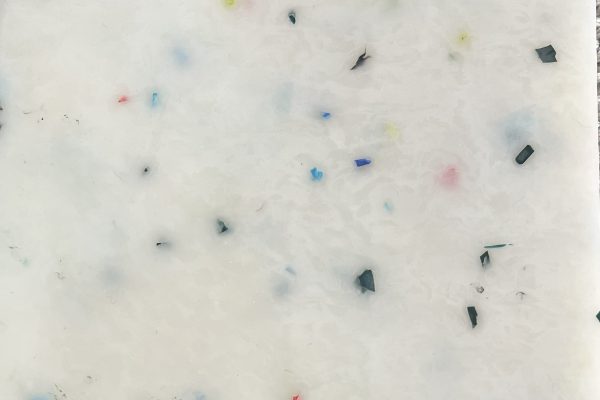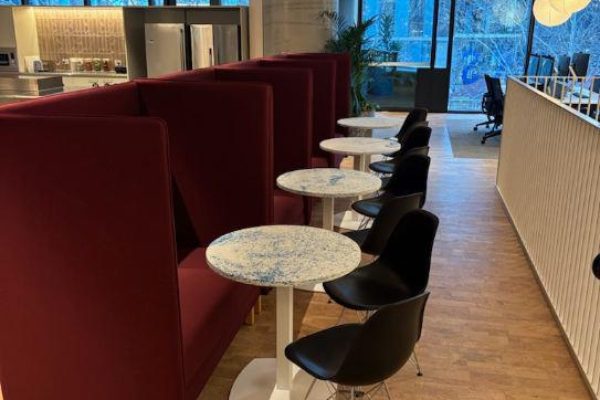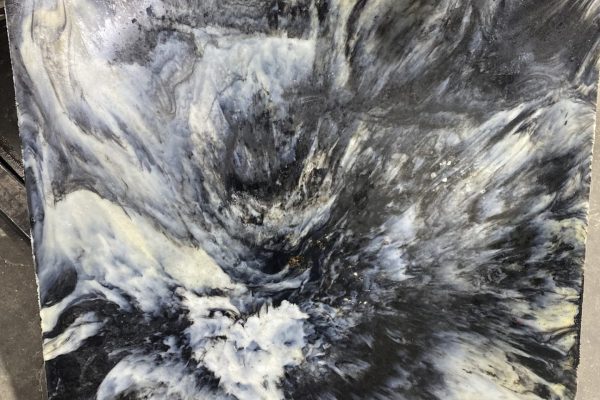Australian Communities Saving the Planet: The Power of Collective Action
Australia faces unique environmental challenges — from plastic waste on our beaches to bushfire recovery and biodiversity loss. In this context, the role of Australian communities saving the planet has never been more critical. From reducing waste and conserving resources to advocating for stronger sustainability policies, local groups across the country are proving that collective action drives real change.
Here’s how Australians are coming together to protect our environment and create a greener future.
Why Communities Matter
Individual action is powerful, but when communities unite, the impact multiplies. Across Australia, local groups are restoring habitats, cutting plastic pollution, and inspiring neighbours to embrace sustainable practices.
5 Ways Australian Communities Are Making a Difference
1. Promoting Sustainable Practices
From reducing single-use plastics to conserving water during droughts, Australians are embracing eco-friendly living. Many communities also support local eco-friendly businesses that champion low-waste packaging and renewable energy.
👉 Learn more about our recycled plastic panels
2. Organising Environmental Initiatives
One of Australia’s most iconic movements is Clean Up Australia Day, where communities nationwide join forces to remove rubbish from beaches, parks, and bushland. These initiatives directly improve local environments and raise awareness of the waste crisis.
3. Educating and Raising Awareness
Australian schools and community centres often host sustainability workshops and environmental education programs. For example, Sustainable Schools NSW provides resources to help teachers and students adopt greener practices.
4. Supporting Local Conservation Efforts
Communities are getting behind projects such as Landcare Australia, which empowers locals to care for farmland, bushland, and coastal areas. Volunteer groups also support Bush Heritage Australia, working to protect endangered species and restore native ecosystems.
5. Advocating for Policy Change
When Australians raise their voices together, governments listen. Local groups are influencing councils to ban single-use plastics, improve recycling systems, and invest in renewable energy.
👉 See how communities are shaping change: Climate Council – Community Solutions
Real-World Examples of Community Impact in Australia
Community Gardens: In Sydney and Melbourne, local gardens reduce food miles and provide fresh produce while strengthening neighbourhood bonds.
Local Recycling Programs: Councils like City of Melbourne run accessible recycling services that help residents divert waste from landfill.
Neighborhood Clean-Ups: From Bondi Beach to the Great Ocean Road, local groups organise regular clean-up events to protect coastlines and wildlife.
- Businesses just like ELK making a difference! Read more here
The Ripple Effect of Community Action
When one Australian community takes action, it often inspires others nearby to do the same. From grassroots recycling programs in small towns to large-scale conservation efforts in cities, these initiatives collectively make a substantial impact on the planet.
How You Can Get Involved
Join a Green Group: Connect with local Landcare or community garden projects.
Participate in Events: Take part in Clean Up Australia Day or a tree-planting initiative.
Advocate for Change: Use your voice to influence local councils on sustainability policies.
Lead by Example: Adopt simple eco-friendly habits at home, from composting to reducing plastic waste.
Building a Greener Future Together
The role of Australian communities saving the planet is indispensable. Through collective action, education, and advocacy, local groups are protecting biodiversity, cutting pollution, and building resilience against climate change.
By joining forces, Australians are proving that small steps taken together can create a brighter, greener future for generations to come.
👉 Want to take action? Start with Clean Up Australia or find your nearest Landcare group today.



